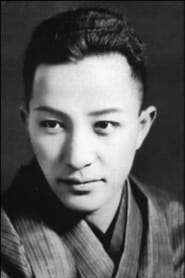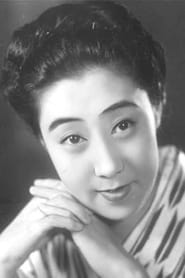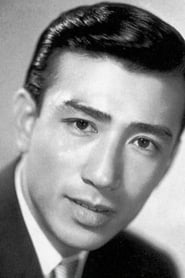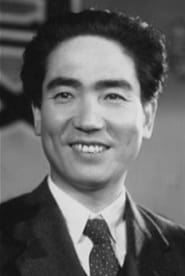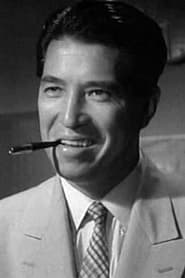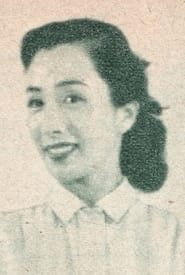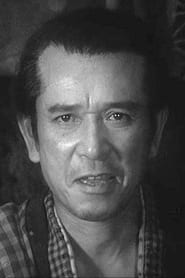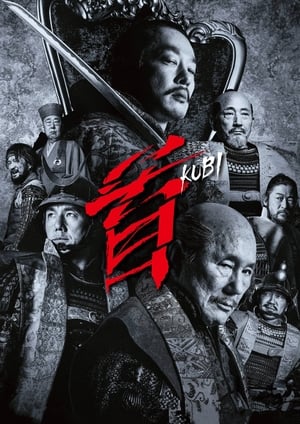
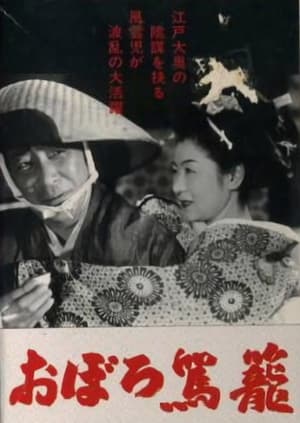
The Inner Palace Conspiracy(1951)
A period mystery in which an unconventional priest exposes the truth behind the bizarre death of a maid in the shogun's harem. Kinuyo Tanaka stylishly plays a constantly intoxicated geisha in this all-star entertainment film.

Movie: The Inner Palace Conspiracy
Top 10 Billed Cast
Denemon Shinanoya

おぼろ駕籠
HomePage
Overview
A period mystery in which an unconventional priest exposes the truth behind the bizarre death of a maid in the shogun's harem. Kinuyo Tanaka stylishly plays a constantly intoxicated geisha in this all-star entertainment film.
Release Date
1951-01-13
Average
0
Rating:
0.0 startsTagline
Genres
Languages:
日本語Keywords
Similar Movies
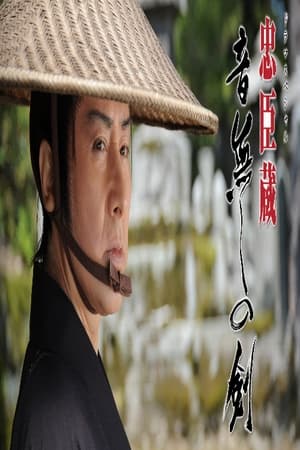 8.5
8.5The Silent Sword: Loyalty and Honor(ja)
Keinosuke (Masakazu Tamura) is a ronin (wandering samurai) who lives on the streets although he is a nobleman. There’s just one woman in this world that he loves, Shiho (Emi Wakui) but when he meets her again, she is already someone else’s wife. Her husband is a key person in the Chushingura incident. Love reignites between Keinosuke and Shiho but they get caught up in the spiral of fate of the Chushingura incident...
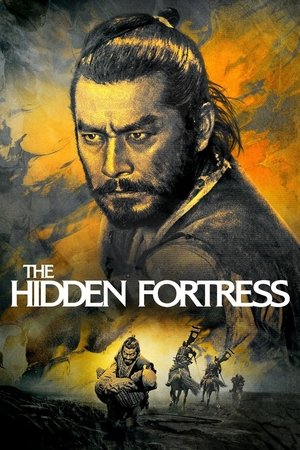 8.0
8.0The Hidden Fortress(ja)
In feudal Japan, during a bloody war between clans, two cowardly and greedy peasants, soldiers of a defeated army, stumble upon a mysterious man who guides them to a fortress hidden in the mountains.
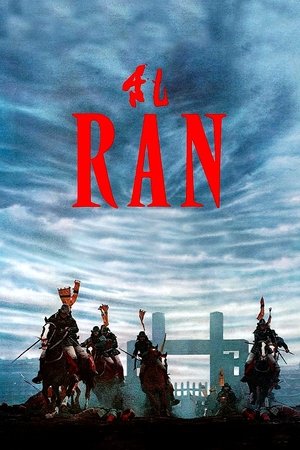 8.1
8.1Ran(ja)
With Ran, legendary director Akira Kurosawa reimagines Shakespeare's King Lear as a singular historical epic set in sixteenth-century Japan. Majestic in scope, the film is Kurosawa's late-life masterpiece, a profound examination of the folly of war and the crumbling of one family under the weight of betrayal, greed, and the insatiable thirst for power.
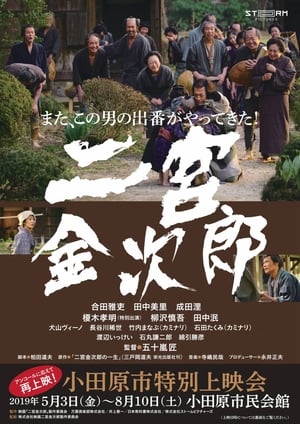 0.0
0.0Ninomiya Kinjirou(ja)
Ninomiya Kinjirou is a biopic follows the life of the eponymous character, an 18th century peasant boy who worked to rescue over 600 poor villages and hamlets from financial ruin by developing new economic policies.
 8.1
8.1Rashomon(ja)
Brimming with action while incisively examining the nature of truth, "Rashomon" is perhaps the finest film ever to investigate the philosophy of justice. Through an ingenious use of camera and flashbacks, Kurosawa reveals the complexities of human nature as four people recount different versions of the story of a man's murder and the rape of his wife.
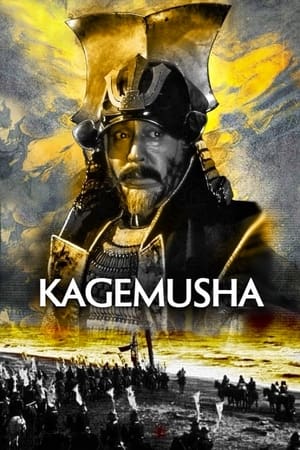 7.8
7.8Kagemusha(ja)
Akira Kurosawa's lauded feudal epic presents the tale of a petty thief who is recruited to impersonate Shingen, an aging warlord, in order to avoid attacks by competing clans. When Shingen dies, his generals reluctantly agree to have the impostor take over as the powerful ruler. He soon begins to appreciate life as Shingen, but his commitment to the role is tested when he must lead his troops into battle against the forces of a rival warlord.
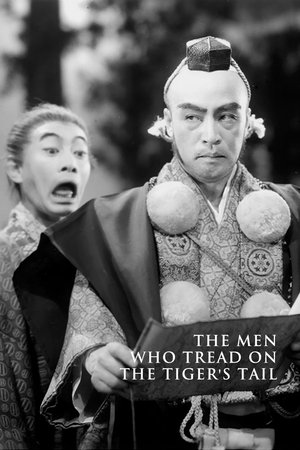 6.7
6.7The Men Who Tread on the Tiger's Tail(ja)
Yoshitsune Minamoto, disguised with his retinue as monks, must make do with a comical porter as their guide through hostile territory en route to safety.
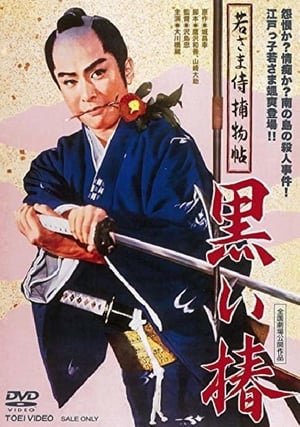 7.0
7.0Case of a Young Lord 9: Black Camellia(ja)
Escaping the hustle and bustle of Edo, the Young Lord came to Oshima Island in Izu to take a vacation. Unexpectedly, the island's boss, Amimoto, was brutally murdered with a harpoon. As usual, the Young Lord sets out to solve the case. However, most of the islanders have a grudge against Amimoto, and there are so many suspects that he is at his wits' end this time. Set against the beautiful sea of Izu and the majestic Mt. Mihara, the Young Lord's brilliant deductions and his secret sword Ichimonjo-Kakureshi cut through the mystery!
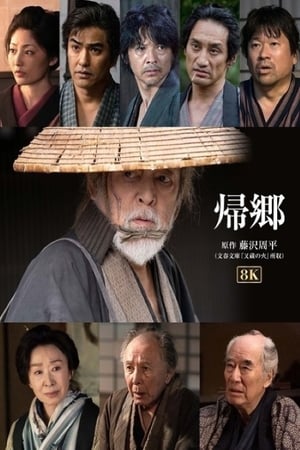 8.0
8.0The Return(ja)
Tatsuya Nakadai, the world’s greatest living actor, returns to the screen in a brilliant adaptation of a story by novelist Shuhei Fujisawa. A traveling gambler known as “Funeral Uno” he is now 86 years old and returning to his hometown for the first time in 30 years. Partly told in flashbacks, he is forced to face his lifelong nemesis, Boss Kyuzo, a vile yakuza portrayed by another superstar of samurai cinema, Atsuo Nakamura! Before the two old gamblers can settle a 30-year-old score they must put their lives on the line in a game of dice that can only lead to a bloody sword duel the likes of which has never before been seen! Superb performances all around in a film loaded with surprises and exciting swordplay!
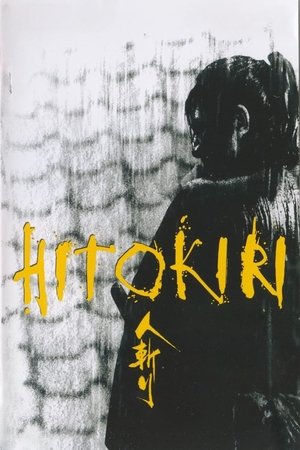 7.0
7.0Tenchu!(ja)
A ronin desperately seeks a way out of financial straits; he allies with the Tosa clan under the ruthless leader Takechi, who quickly takes advantage.
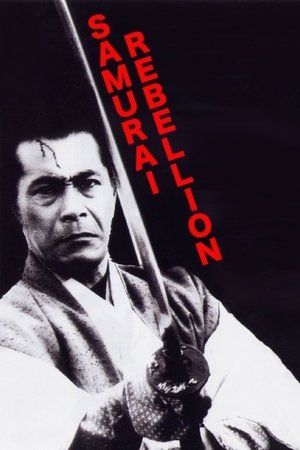 8.2
8.2Samurai Rebellion(ja)
The mother of a feudal lord's only heir is kidnapped away from her husband by the lord. The husband and his samurai father must decide whether to accept the unjust decision, or risk death to get her back.
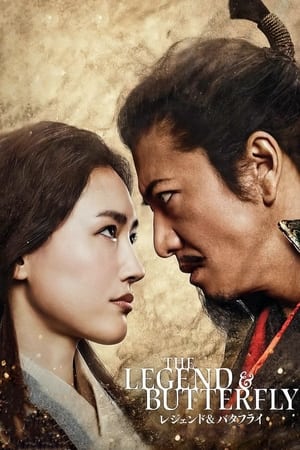 6.9
6.9THE LEGEND & BUTTERFLY(ja)
Oda Nobunaga and Nōhime were originally married to mend a hostile relationship between neighbouring regions. Unfortunately, they were like oil and water, making for a somewhat unhappy marriage. When Oda's enemy, Imagawa Yoshimoto, attacks Owari with his vast army, Oda is devastated by the overwhelming gap in military strength. However, Nohime encourages him not to despair, and the pair draw up a tactical plan that will allow them to overcome the odds.
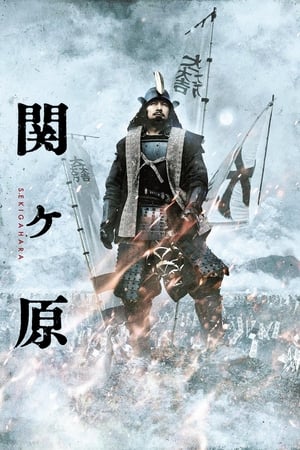 7.0
7.0Sekigahara(ja)
The background to and depiction of a watershed battle in Japanese history, at Sekigahara in 1600, when Tokugawa Ieyasu's Army of the East defeated the Army of the West of Ishida Mitsunari. The story includes the intrigues and shifting loyalties of the various retainers, family members, and samurai.
 0.0
0.0Golden Peacock Castle, Part 2(ja)
The struggles of the Golden Peacock Clan continue as they seek to reclaim their home and prevent the evil Gondaiyu from taking their most prized treasures.
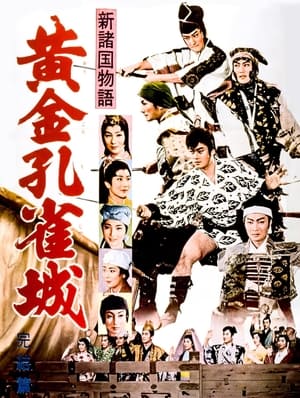 0.0
0.0Golden Peacock Castle, Part 4(ja)
The righteous young men, who were separated by the all-out attack of sorcery, are saved by the friendship of a young Sengoku warlord, and now launch an all-out attack on Gondayu, who has usurped the regent's position. An exciting and heated battle unfolds. This is the grand finale of a golden period drama that mobilizes all the popular youth stars.
 8.4
8.4Harakiri(ja)
Down-on-his-luck veteran Tsugumo Hanshirō enters the courtyard of the prosperous House of Iyi. Unemployed, and with no family, he hopes to find a place to commit seppuku—and a worthy second to deliver the coup de grâce in his suicide ritual. The senior counselor for the Iyi clan questions the ronin’s resolve and integrity, suspecting Hanshirō of seeking charity rather than an honorable end. What follows is a pair of interlocking stories which lay bare the difference between honor and respect, and promises to examine the legendary foundations of the Samurai code.
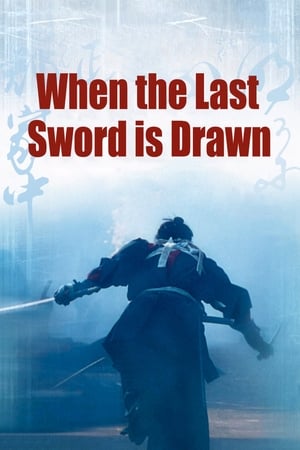 7.6
7.6When the Last Sword Is Drawn(ja)
Kanichiro Yoshimura is a Samurai and Family man who can no longer support his wife and children on the the low pay he receives from his small town clan, he is forced by the love for his family to leave for the city in search of higher pay to support them.
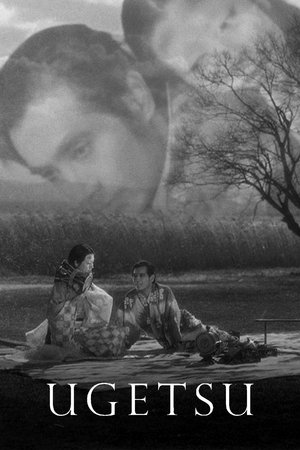 8.0
8.0Ugetsu(ja)
In 16th century Japan, peasants Genjuro and Tobei sell their earthenware pots to a group of soldiers in a nearby village, in defiance of a local sage's warning against seeking to profit from warfare. Genjuro's pursuit of both riches and the mysterious Lady Wakasa, as well as Tobei's desire to become a samurai, run the risk of destroying both themselves and their wives, Miyagi and Ohama.
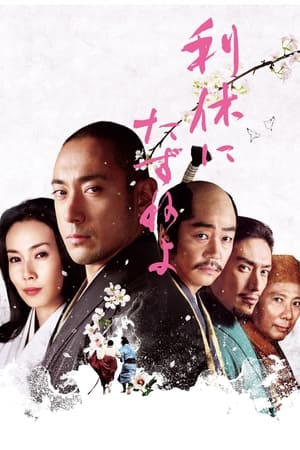 7.6
7.6Ask This of Rikyu(ja)
Sen no Rikyu (Ebizo Ichikawa) is the son of a fish shop owner. Sen no Rikyu then studies tea and eventually becomes one of the primary influences upon the Japanese tea ceremony. With his elegant esthetics, Sen no Rikyu is favored by the most powerful man in Japan Toyotomi Hideyoshi (Nao Omori) and becomes one of his closest advisors. Due to conflicts, Toyotomi Hideyoshi then orders Sen no Rikyu to commit seppuku (suicide). Director Mitsutoshi Tanaka's adaptation of Kenichi Yamamoto's award-winning novel of the same name received the Best Artistic Contribution Award at the 37th Montréal World Film Festival, the Best Director Award at the 2014 Osaka Cinema Festival, the 30th Fumiko Yamaji Cultural Award and the 37th Japan Academy Film Prize in nine categories, including Best Art Direction, Excellent Film and Excellent Actor.
